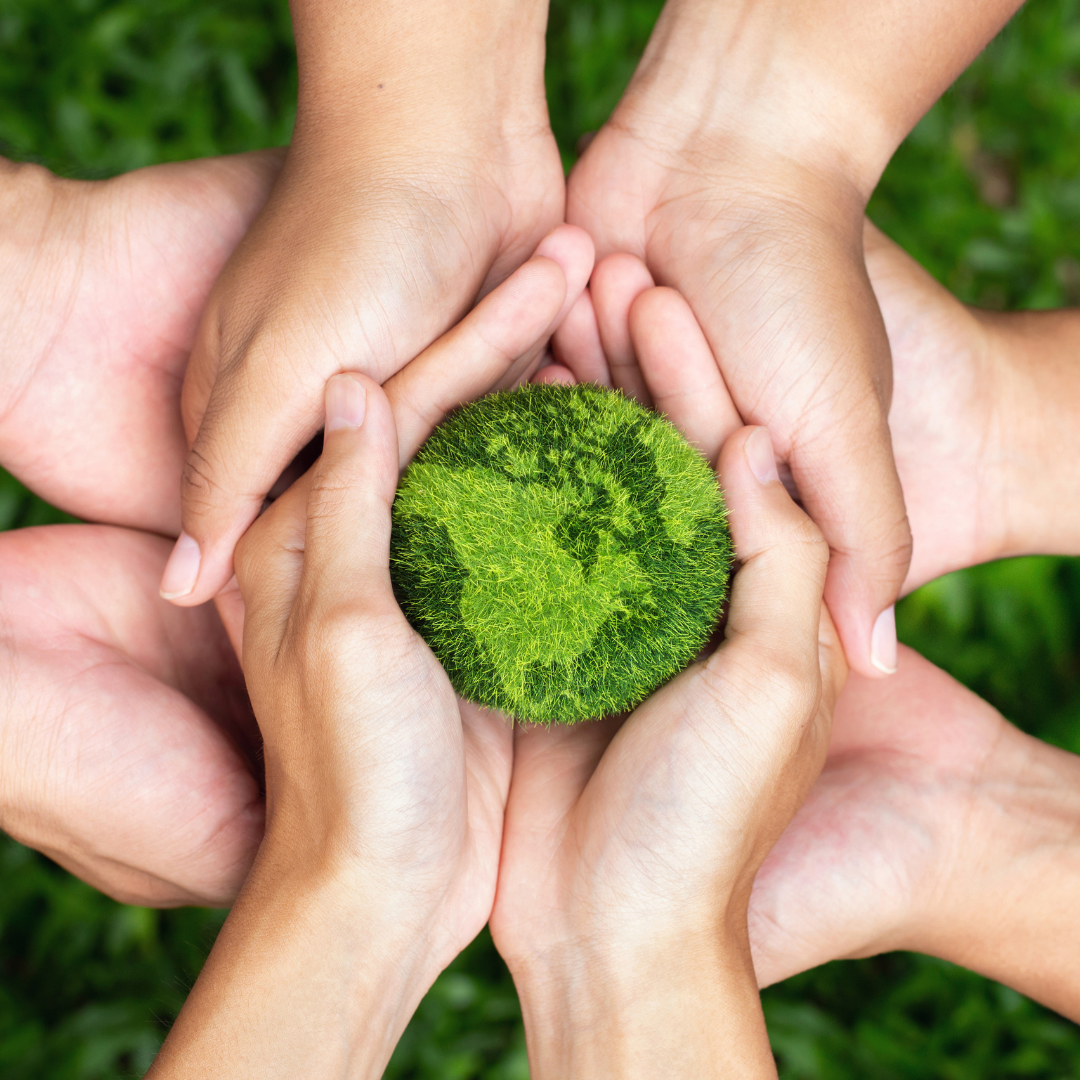Not much, you’d probably say.
But what if I told you that is all it takes to change a life?
It costs just $0.03 per person per day to deliver healthcare and poverty reducing activities to the 35,000 people living in the Nyamatongo Ward.
By donating as little as $10 you are helping more than 300 people! That is unbelievable, isn't it?
If you donate $50 you are helping 16,667 in one day. If you choose to make that donation monthly you have supported more than 200,000 people in one year. Incredible!
Your donation changes lives every day.
You can read all about our projects on our website: https://www.australiaforcedartanzania.org/










